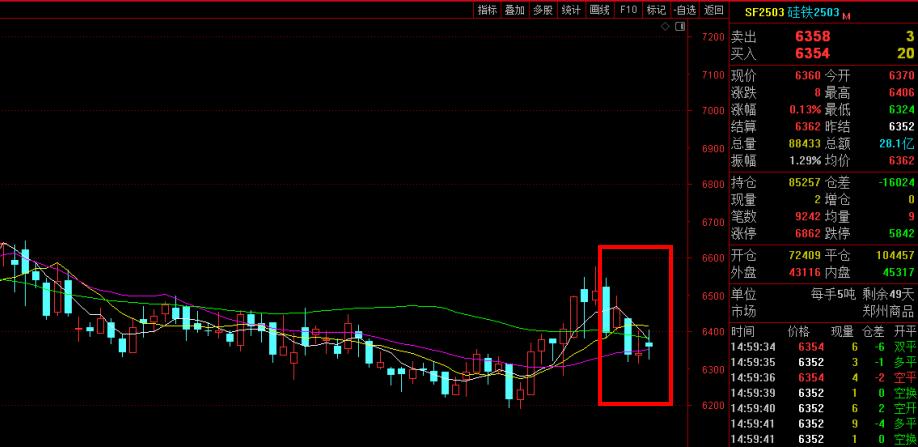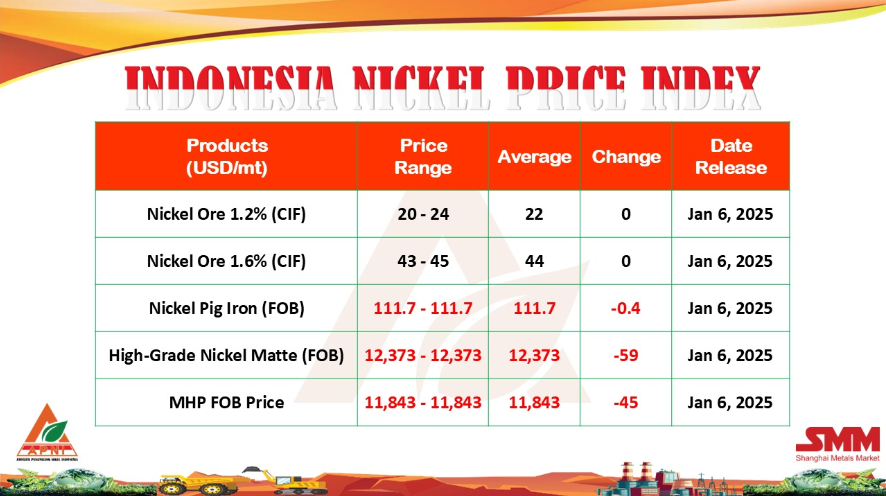State officials unveiled proposed guidelines Monday for handling and storing petroleum coke in Illinois, a move that drew sharp criticism from business groups, who called it unnecessary, and residents, who said they didn't go far enough.
Taking cues from Chicago officials who outlined similar rules for companies in the city weeks ago, Gov. Pat Quinn announced emergency rules Monday that'll be filed with the Illinois Pollution Control Board and could take effect statewide by the end of the month. The proposed regulations include requiring companies to install equipment that monitors wind speed, add dust suppression systems along conveyor belts that carry the material and submit plans to enclose their operations to the Illinois Environmental Protection Agency.
Quinn's announcement came at a news conference held within sight of open-air piles of the black powdery substance on Chicago's Southeast Side came the same day as a public hearing on Chicago's regulations and ongoing lawsuits with companies who store the substance in the Chicago area.
Petcoke is a byproduct of oil refining. Environmental officials say the black dust is not hazardous, but Chicago residents raised environmental and health concerns after some became airborne last summer and blew into their residential neighborhood. Breathing the dust can cause respiratory problems, such as exacerbating asthma.
The statewide rules proposed Monday are subject to public feedback.
"We don't want the facilities to just move from Chicago to another part of Illinois," Quinn said. "We are not going to be a dumping ground for any of this fugitive petcoke dust that can harm people's lives and health."
Officials in Chicago have proposed city-specific regulations that include calling for storage facilities to enclose materials like petcoke. Proposed ordinances pending before the City Council include a ban on the substance, although Mayor Rahm Emanuel has said such a step isn't likely. Quinn said the pollution board's process would help inform whether a ban on storing petcoke was necessary.
Attorney General Lisa Madigan's office, which helped file lawsuits against the companies, has said it is drafting statewide legislation on petcoke regulation, which is expected later this year.
Still, Quinn's move was criticized Monday as business groups, including the Illinois Manufacturers' Association, called it burdensome for companies who were cooperating.
Companies that handle the substance around Chicago say they're addressing concerns.
Last month, Hammond, Ind.-based Beemsterboer Slag Corp., agreed to remove petcoke storage piles as part of a lawsuit filed by the city of Chicago and the state attorney general's office. KCBX Terminals Co., which stores petcoke from a nearby refinery in Whiting, Ind., said it has spent tens of millions to upgrade its facilities, including $10 million on dust suppression technology.
"We hold the highest regard for the community and are committed to doing the right thing. We want to work with the city to address the concerns of our neighbors and make every effort to meet the spirit of the proposed new rules," said Mike Estadt, a KCBX operations manager, in a statement. "This includes a willingness to build a structure to cover the materials."
That doesn't go far enough for some Chicago residents, who have complained the dust coats homes and food and has aggravated medical conditions, such as asthma, especially when it's windy.
"We clean constantly," said Kate Koval, who has lived on the city's Southeast Side for 15 years and supports a complete ban on storing petcoke. "There's constantly a dust problem."
Copyright © 2013 Ferro-Alloys.Com. All Rights Reserved. Without permission, any unit and individual shall not copy or reprint!
- [Editor:editor]



 Save
Save Print
Print Daily News
Daily News Research
Research Magazine
Magazine Company Database
Company Database Customized Database
Customized Database Conferences
Conferences Advertisement
Advertisement Trade
Trade














 Online inquiry
Online inquiry Contact
Contact

Tell Us What You Think